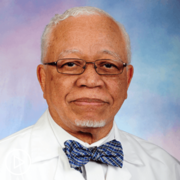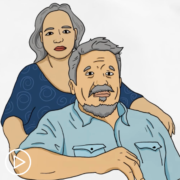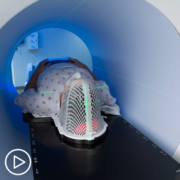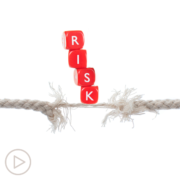Dr. Beth Faiman: Why Is It Important for You to Empower Patients?
Dr. Beth Faiman: Why Is It Important for You to Empower Patients? from Patient Empowerment Network on Vimeo.
How can patients be empowered, and why is it an important part of their care? Dr. Beth Faiman from Taussig Cancer Institute shares three key elements that comprise her view of patient empowerment.
See More from Empowering Providers to Empower Patients (EPEP)
Related Resources:

|

|

Dr. Isaac Powell: Why Is It Important for You to Empower Patients? |
Transcript:
Dr. Faiman:
I think as an advanced practice provider, I consider about three key elements of patient empowerment to include information, access, and engagement. So those three things really resonate with me through shared decision-making. So first of all, the patients need to possess the knowledge that they need to make informed decisions about their health? What is their health status remission? What are their future therapeutic options? Are there clinical trials available? And what’s the best treatment for them?
And I share this information with the caregiver and the patient as well. Access is also an important role, and important thing for a patient, access to medications. Sometimes there’s co-pay assistance that we need to gain as nurses, advanced practice providers, and physicians to get patients what they need whether it’s a pill or a shot. And then finally, I did mention that shared decision-making process. And that’s where the patients are really engaged.
So I like to mutually share information between the patient caregiver and the clinical team, so we’re sharing information back and forth. We can identify what their goals of care are, and we can make decisions about their health that lessen the risk of decisional regret. Again, make them feel comfortable about the decisions they’re making. And so by these little strategies, I really thinking empowering the patients to take hold of their own health is a way that we can all mutually feel successful in their care.










